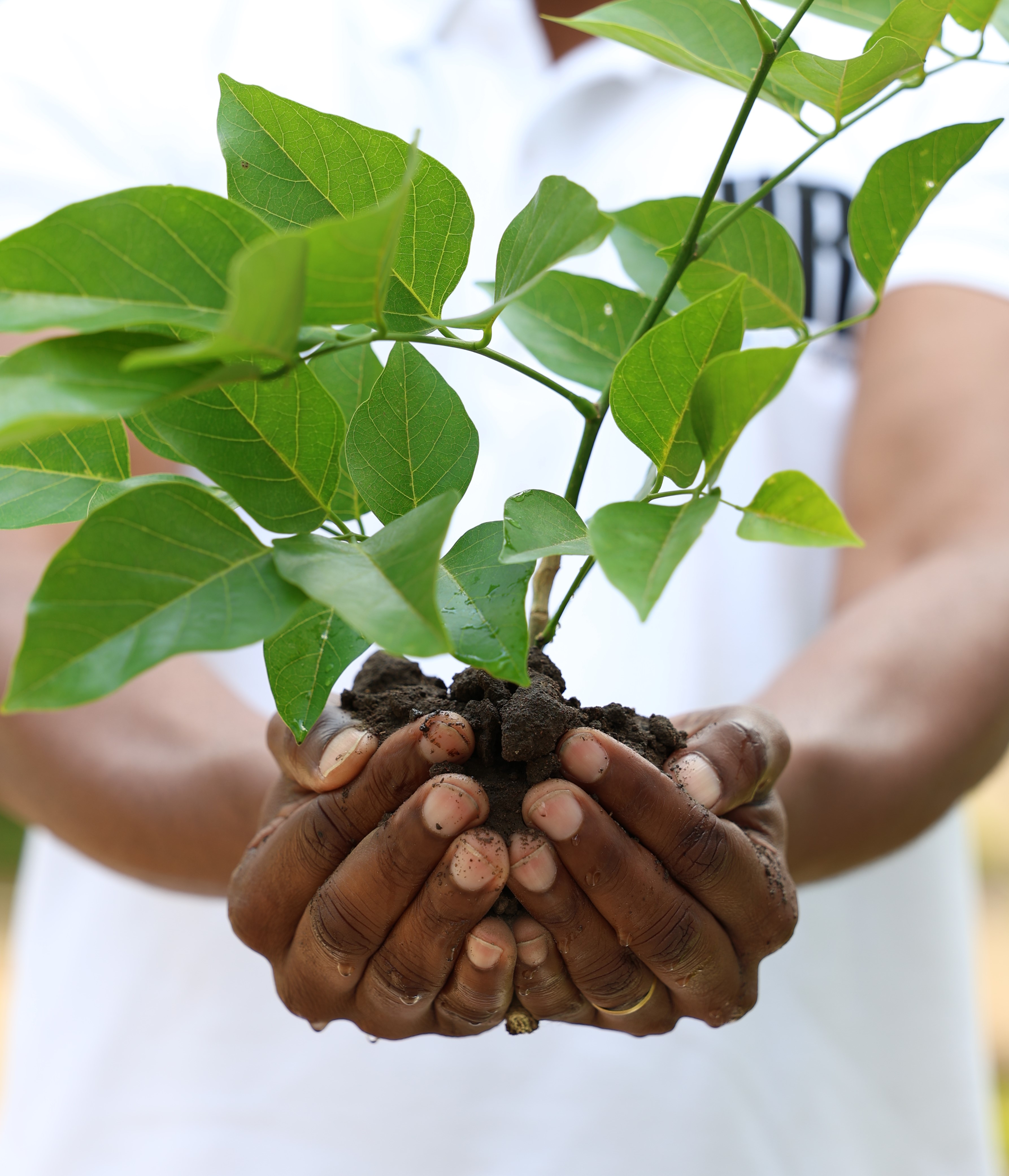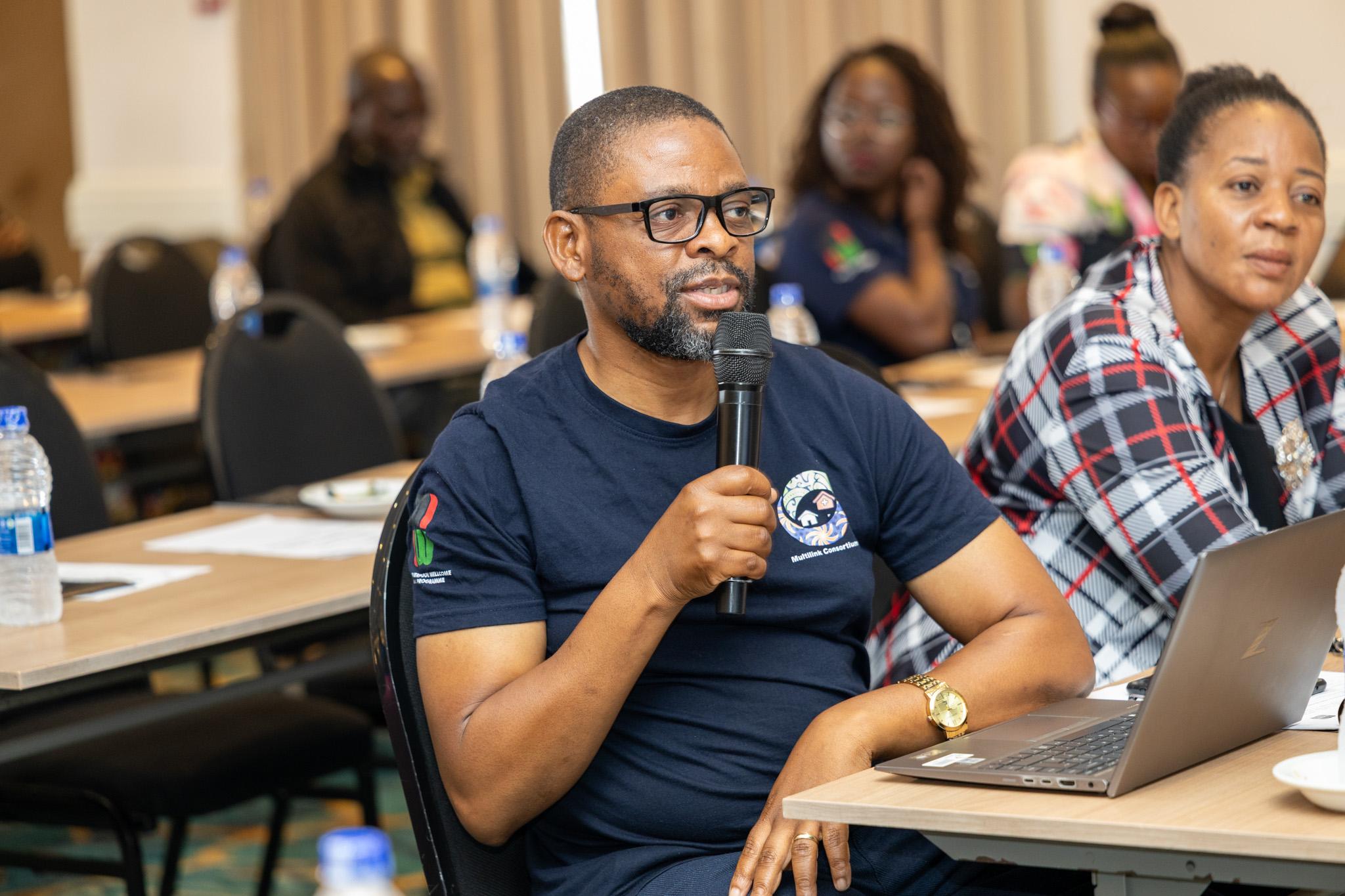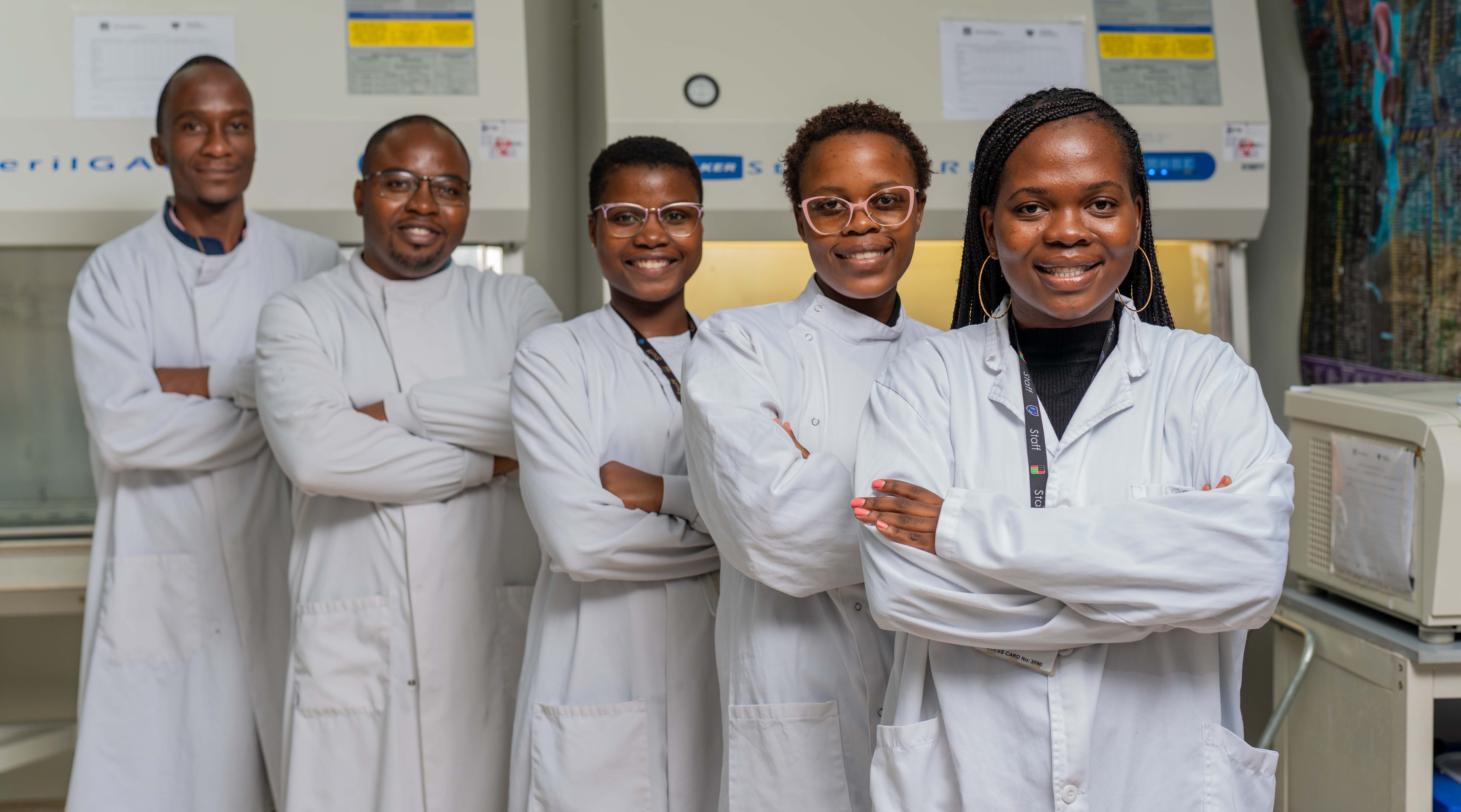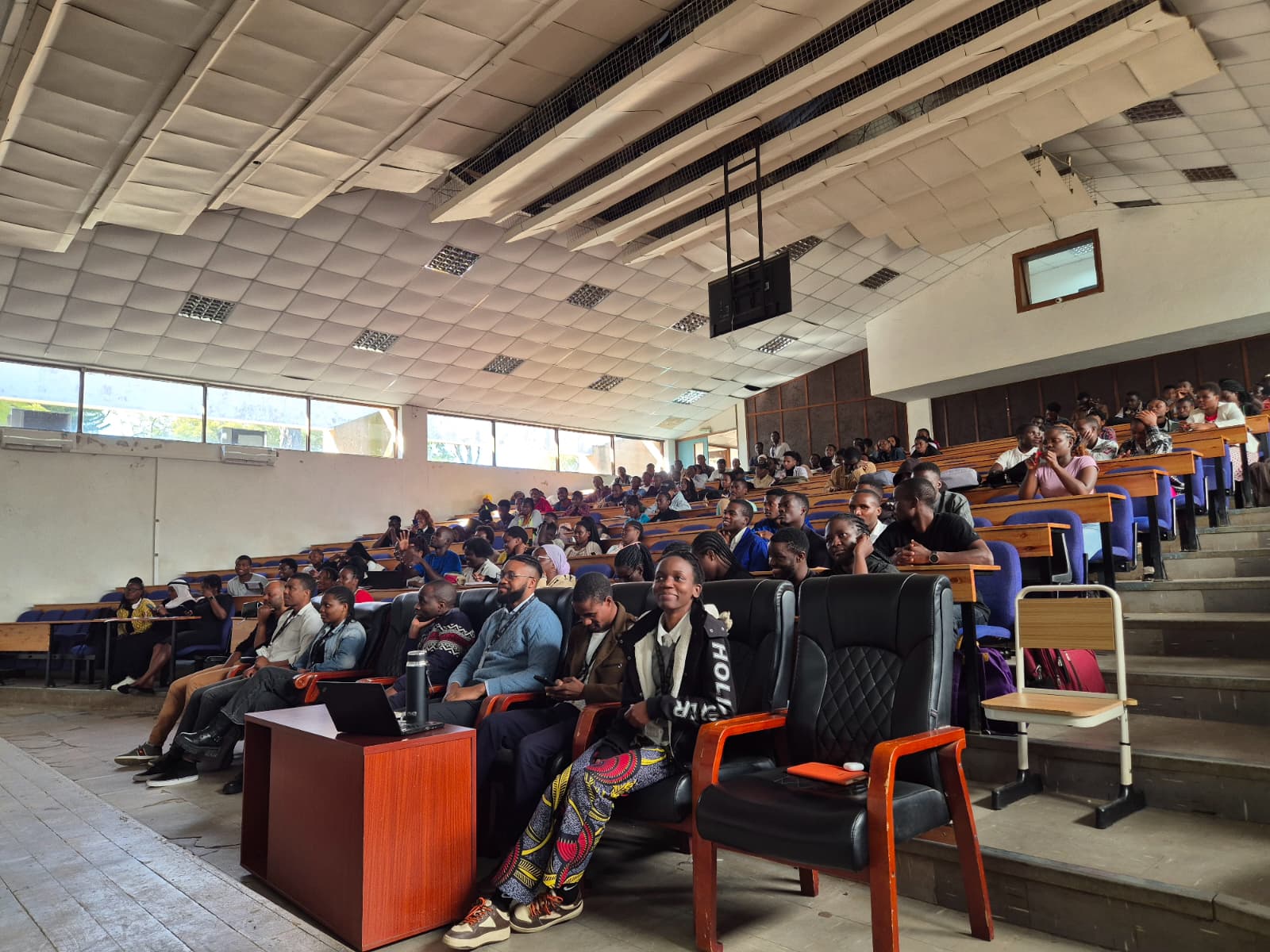The United Nations Framework Convention on Climate Change (UNFCCC) defines climate change as significant, long-term shifts in average weather patterns such as temperature, rainfall, and other elements driven by both natural processes and human activities like burning fossil fuels.
In line with this, Malawi has in recent years faced devastating climate-related disasters. Cyclone Freddy (2023), Tropical Storm Ana (2022), Cyclone Gombe (2022), and Cyclone Idai (2019) brought floods, leaving lasting impacts on agriculture, education, the economy and public health .
There is also a harsh reality that current climate adaptation efforts are falling short. For years, tree-planting initiatives led by multistakeholder agencies have been promoted as solutions. Yet, these efforts often stop at planting. Once the seedlings are in the ground, little follow-up occurs, no watering, weeding, or protection. Unsurprisingly, survival rates remain low.
For example, under the government’s Climate-Smart Enhanced Public Works Programme (CSEPWP) in Mchinji District, many trees have failed to thrive. As reported by the Malawi News Agency, the lack of aftercare and monitoring undermines the initiative. This pattern is widespread: well-intentioned campaigns consume millions in government and donor funding yet yield minimal long-term impact. For a country grappling with serious socio-economic challenges, such resource wastage is both unsustainable and unjustifiable. Clearly, these strategies must be revisited and redesigned.
Global best practice emphasizes placing communities at the center of climate interventions enabling them to own problems and co-create solutions. Against this backdrop, the Malawi Liverpool Wellcome Research Program (MLW) offers a promising example. Through its Communications and Public Engagement Department, MLW has championed a Climate Change and Health Research Project that employs photovoice participatory research techniques.
This approach allowed communities to document and share their experiences post Cyclone Freddy. Their testimonies were sobering, homes and schools destroyed, crops and livestock swept away, sanitation facilities destroyed and waterborne diseases spreading rapidly. Food insecurity, lost livelihoods and the emotional toll of displacement particularly on children were recurring themes. These stories provide not just evidence of climate change’s impacts but also a powerful call for youth-driven, creative and sustainable responses that move beyond short-term fixes.
Research findings revealed that women were uniquely affected by the Cyclone Freddy’s devastation. With water sources destroyed or contaminated, many were forced to walk long distances in search of clean water. This daily struggle exposes them to physical exhaustion and heightened risks of harassment and assault. Such realities underscore how climate change disproportionately affects women and girls, compounding existing inequalities and highlighting the need for gender-sensitive climate strategies.
Addressing climate change in Malawi demands more than conventional interventions. Tree-planting, while commendable, cannot succeed without sustainability measures such as nurturing, watering, protection from grazing, and most importantly community ownership. What is required now are innovative, far-reaching community driven strategies that tackle root causes, empower vulnerable groups and prioritize equity.
In conclusion, the MLW’s Climate Change and Health photovoice project demonstrates the importance of inclusive, participatory approaches. The fight against climate change must be a shared responsibility: individuals adopting sustainable practices, governments enforcing climate-resilient policies, and the international community fulfilling commitments to climate finance and technology transfer. Only through collective action can Malawi safeguard its development aspirations, contribute to Africa’s Agenda 2063, and advance the Sustainable Development Goals (SDGs).



